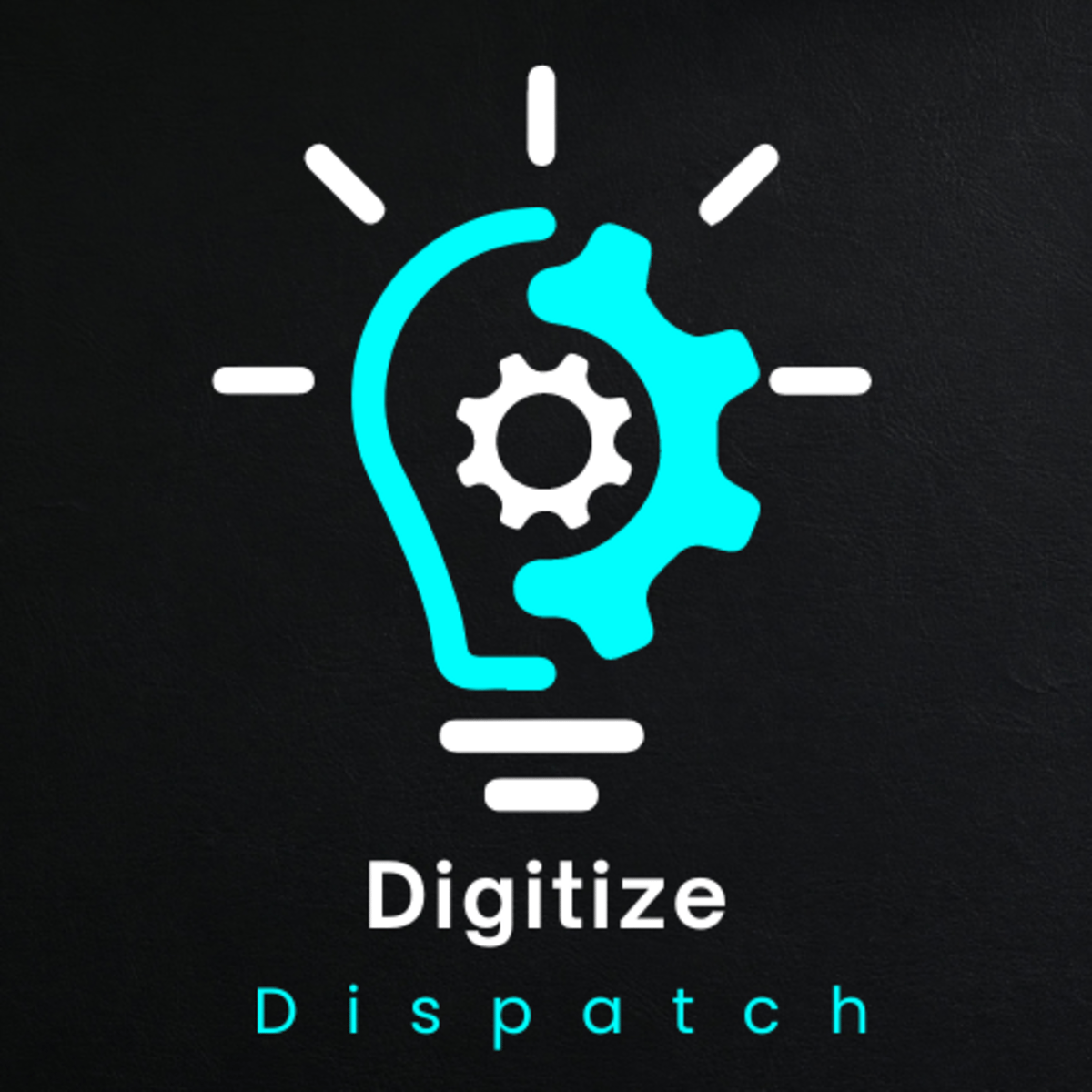
🔎 The Latest on the AI Frontier:
Anthropic Developing Custom Integrations Through Modular Component Protocols
Google Plans New Premium Tiers for Gemini AI Subscriptions
Nvidia CEO: China Closely Trailing US in AI Development Race
AI Software Development Makes Progress Amid Quality Concerns
Tech Giants Show Resilience While Consumer Electronics Face Pressure
Trump Administration May Revise Tier-Based AI Chip Export Controls
Other news you might find interesting
You Don’t Need to Be Technical. Just Informed
AI isn’t optional anymore—but coding isn’t required.
The AI Report gives business leaders the edge with daily insights, use cases, and implementation guides across ops, sales, and strategy.
Trusted by professionals at Google, OpenAI, and Microsoft.
👉 Get the newsletter and make smarter AI decisions.
🔧 Anthropic tests custom integrations for Claude using Modular Component Protocols
A newly discovered beta UI within Claude's web app reveals an "Add custom integration" option pointing to MCP documentation, suggesting Anthropic is expanding beyond its current Google service integrations (Drive, Calendar, and Gmail).
The implementation appears to use remote URLs rather than local connections, potentially allowing third-party service providers to expose their tools directly through Claude's web interface without requiring full local deployment.
This development aligns with Anthropic's growing focus on modularity across its AI products, potentially reducing friction for developers who previously needed desktop setups and accelerating adoption through web-only deployments.
💰 Google plans to introduce new Gemini AI subscription tiers including a potential "Gemini Ultra" plan
Code discoveries in the Gemini web interface reveal references to "Gemini Pro" and "Gemini Ultra" tiers that would expand beyond the current $19.99/month Google One AI Premium plan offering Gemini Advanced access.
The new subscription levels appear to include differentiated usage limits, with code snippets showing messages like "You've reached your video generation limit... Try again... or upgrade to Gemini Ultra," suggesting higher-tier users would receive increased or unlimited access to specific features.
This tiered approach aligns with Google's broader subscription-based revenue strategy seen in its Google One and YouTube Premium services, allowing the company to cater to both casual users and professionals requiring advanced AI capabilities.
🏆 Nvidia CEO Jensen Huang warns China is "not behind" in AI race despite U.S. export restrictions
Speaking to reporters in Washington D.C., Huang described China as "right behind" the U.S. with a very narrow gap, calling it a "long-term, infinite race" while specifically praising Huawei as "one of the most formidable technology companies in the world."
Nvidia faces mounting challenges in its China business after the Trump administration restricted shipment of its H20 chips (designed specifically for the Chinese market to comply with previous export controls), resulting in a projected $5.5 billion financial hit for the company.
Despite these setbacks, Huang reaffirmed Nvidia's commitment to U.S. manufacturing, noting plans to partner with Foxconn to assemble AI servers near Houston as part of the company's recently announced $500 billion investment in U.S. AI infrastructure over the next five years.
🤖 AI software development evolves rapidly amid growing concerns over quality and responsibility
According to Stanford University's AI Index 2025, coding assistants have dramatically improved, with AI systems solving 71.7% of coding problems in 2024 compared to just 4.4% in 2023, though developers like Thoughtworks' Birgitta Böckeler suggest productivity gains are closer to 8% rather than revolutionary.
The industry is witnessing a shift toward "agentic AI" with Anthropic's Model Context Protocol (MCP) enabling AI to perform tasks beyond writing code, while "vibe coding"—a new approach where developers "forget that the code even exists"—has emerged for quick projects but raises security concerns.
Despite advancements, risks persist including hallucinations, security vulnerabilities, and maintenance challenges, with research showing AI coding increases code churn and reduces refactoring—prompting experts like Django co-creator Simon Willison to advise: "I won't commit any code to my repository if I couldn't explain exactly what it does."
💻 AI-powered tech giants Microsoft and Alphabet show resilience while consumer electronics face tariff pressure
Microsoft reported a stronger-than-expected 33% jump in Azure cloud revenue with AI contribution increasing to 16 percentage points (up from 13), while Alphabet posted an 8.5% rise in ad sales as AI integration in Google search boosted advertiser appeal.
Consumer-focused tech companies are struggling amid economic uncertainty from Trump's global trade war, with chipmakers Qualcomm, Samsung Electronics, and Intel warning of demand challenges, particularly concerning for Apple which makes 90% of its products in China.
Microsoft's positive results eased concerns about data center overcapacity, with the company still planning to spend $80 billion on AI infrastructure this fiscal year despite remaining "supply-constrained" — a sentiment echoed by Alphabet as both companies invest heavily in AI capabilities.
🔄 Trump administration considers scrapping tier-based AI chip export controls that currently limit Israel
The Biden-era "Framework for Artificial Intelligence Diffusion" currently divides countries into three tiers: Tier 1 (17 countries with unrestricted access), Tier 2 (about 120 countries including Israel with strict caps), and Tier 3 (blacklisted nations like China and Russia).
Trump officials are weighing a shift away from this system in favor of bilateral government-to-government agreements that would align with Trump's broader trade strategy and potentially allow the U.S. to leverage chip access in other negotiations.
Critics of the current system include Oracle Executive VP Ken Glueck who questioned placing both Israel and Yemen in the same tier, while seven Republican senators have urged Commerce Secretary Howard Lutnick to withdraw the rule over concerns it would push Tier 2 countries toward China's "unregulated and cheaper substitutes."
More news you might find interesting:
AI companions pose serious risks to minors, according to US watchdog study.
Salesforce tackles "jagged intelligence" with new AI benchmarks to make enterprise AI agents more reliable.
AI transforms healthcare at University of Texas Medical Branch by processing previously untapped medical data.
Elon Musk and Tesla board chair strongly deny Wall Street Journal report about CEO replacement search.
Tools for Humanity launches Orb Mini, a portable eyeball-scanning device for human verification.
Have any feedback? Send us an email



